‘What did you do in the war, grandad?’
‘I stayed in.’
If this really is a war, as we are constantly being told, it is one which breaks with the conventional meaning of that word in some significant respects. It is the first war, for example, where women will see more action than men, female staff greatly outnumbering male staff in most hospitals and care facilities. It must also be the first one in which front line troops have been ostracised, abused and even spat at by the very people they are risking their lives to defend. Women are more vulnerable than men here, too, of course – female nurses who are too exhausted to change out of their scrubs after fifteen hour shifts being more identifiable in trains and supermarket aisles than their male co-workers. I was going to add that another utterly unprecedented but benign aspect of this particular war is that at least it doesn’t set one country or group of countries against another. But then I remembered China, which is certainly being blamed for incubating the conflict and whose subsequent role has been described in some quarters as less than one might expect of an ally, and who, if a lot of people get their way, will be hit by crippling post-armistice reparations.
One of the many things we still don’t know about Covid-19 is how quickly and easily it mutates; mutability being essential to any virus’s success – and indeed survival. Let’s hope, then, it can’t mutate as quickly as the word ‘draconian’, which up until two months ago had only ever been used to describe laws or punishments deemed cruelly disproportionate to the actions and offences to which they are applied, but which now, thanks to grandstanding politicians and a lazily compliant media, seems to have transformed itself into something more like ‘hard but fair’.
Truly draconian legislation has played a large and largely beneficial part in Australian history, of course. If the maximum penalty for stealing a loaf of bread in Georgian England had been, say, a five pound fine, European settlement might not have occurred for another fifty years and Australia’s first white population might have been French, Dutch or Portuguese – all nations whose treatment of indigenous peoples on other continents makes early British interaction with aboriginies look like a UN peacekeeping mission.
One of the perks of getting here first was the naming rights for everything which the indigenous population hadn’t considered worth naming. Nearly all such place names tend fall into one of two categories: they are either wistful echoes of the British towns and cities the settlers came from or they are purely utilitarian topographical descriptors which have only acquired their capital letters through the grandfathering of usage. Neutral Bay, the quiet harbour inlet I live beside, is an example of this, having been designated neutral by First Fleeters because it was where vessels of a foreign flag were obliged to lie at anchor and left unmolested until it could be determined whether they posed a threat – militarily or medically – to the local population.
I can’t help wondering if the decision to sequester the gigantic coronavirus-carrying cruise ships just off the entrance to Neutral Bay in recent weeks was informed by this history. And if, should our infection curve not flatten out quite as quickly as is hoped, Sydneysiders can look forward to another local landmark being stripped of its current upmarket hotel-and-restaurant-complex status, and be restored to the original function preserved in its name: Quarantine Beach.
In the meantime, the sight of those cruise ships from my balcony each morning and the news reports about their unfortunate passengers and crew makes me think that there’s one thing those grandstanding politicians and lazy journalists are definitely wrong about. We are not, thank god, all in the same boat.
Got something to add? Join the discussion and comment below.
Get 10 issues for just $10
Subscribe to The Spectator Australia today for the next 10 magazine issues, plus full online access, for just $10.
You might disagree with half of it, but you’ll enjoy reading all of it. Try your first month for free, then just $2 a week for the remainder of your first year.



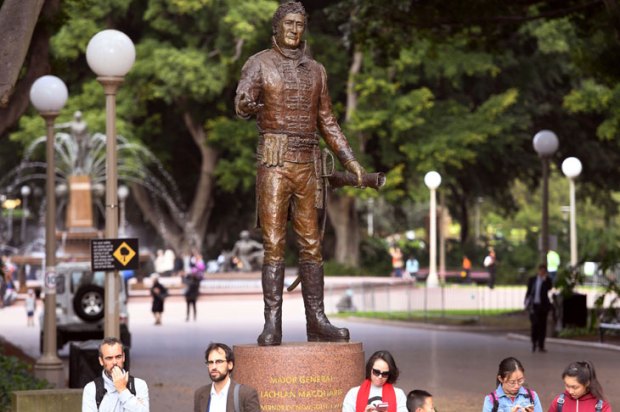
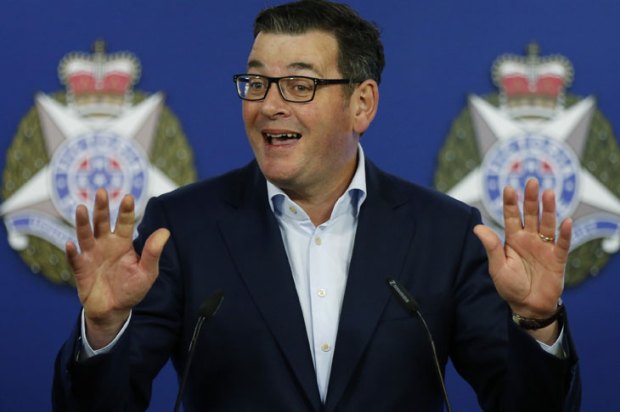
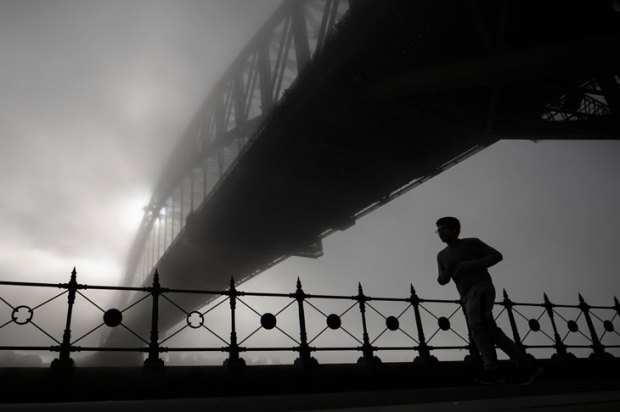
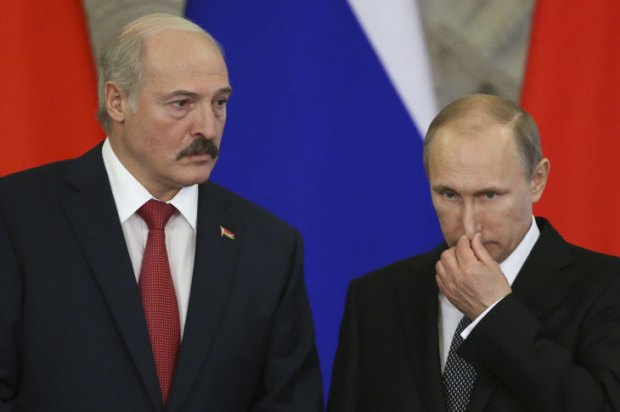
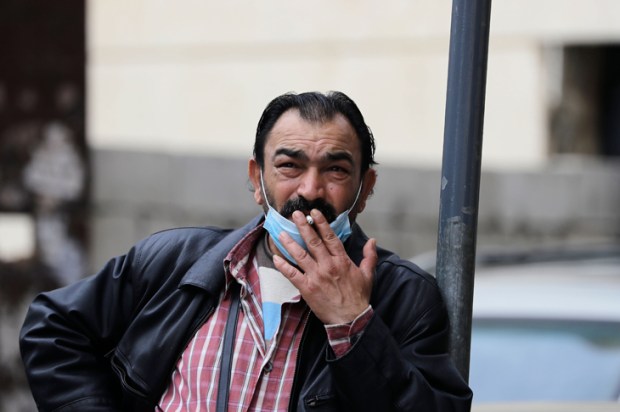
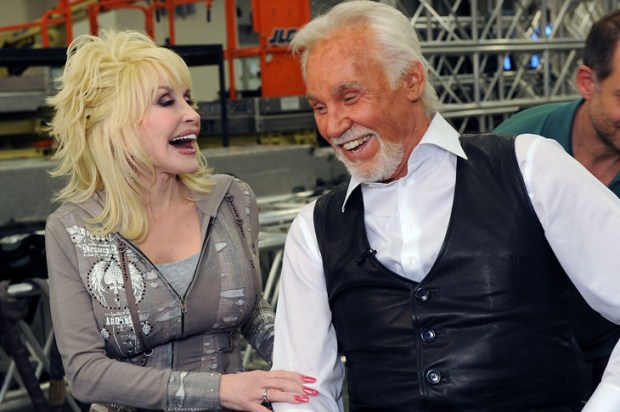






Comments
Don't miss out
Join the conversation with other Spectator Australia readers. Subscribe to leave a comment.
SUBSCRIBEAlready a subscriber? Log in